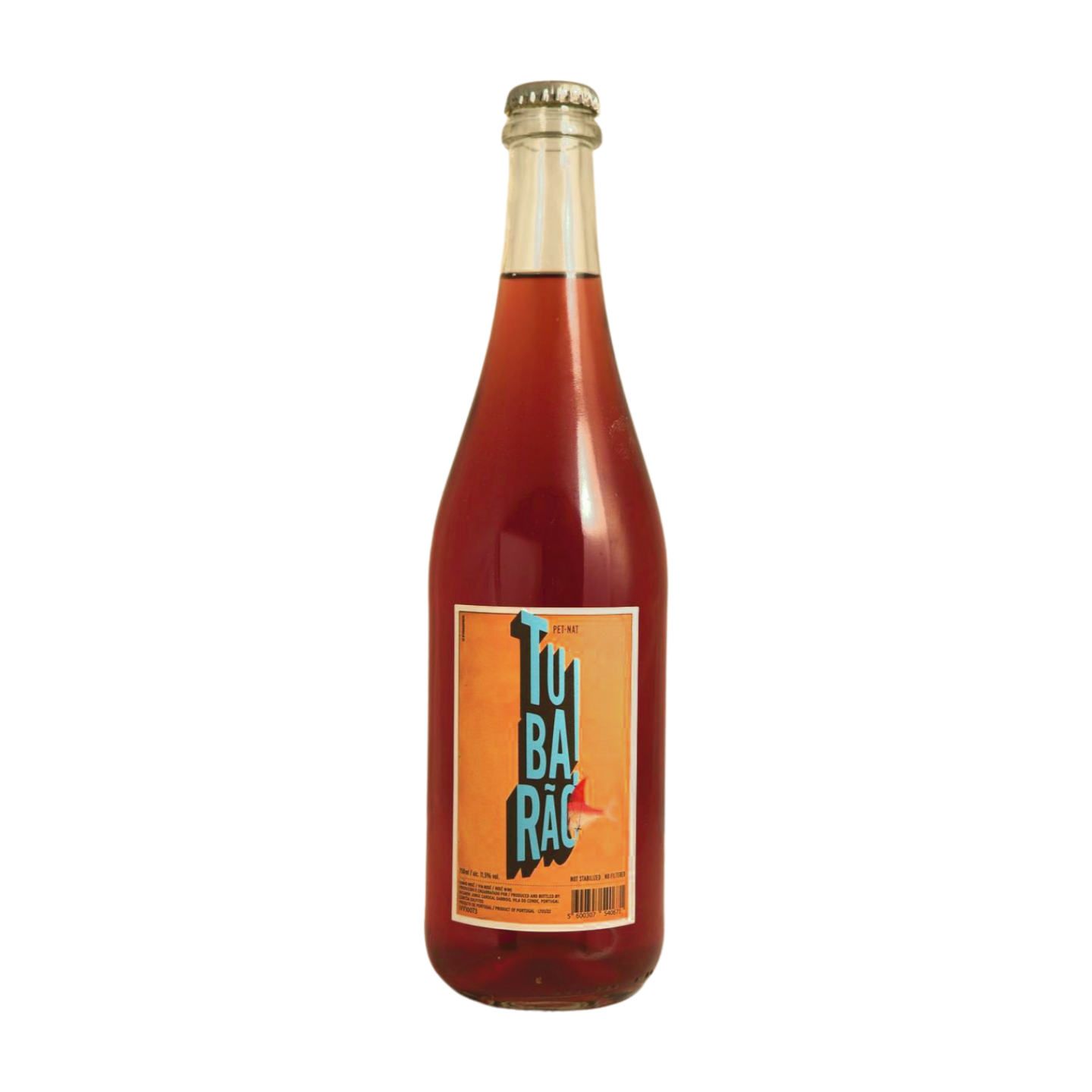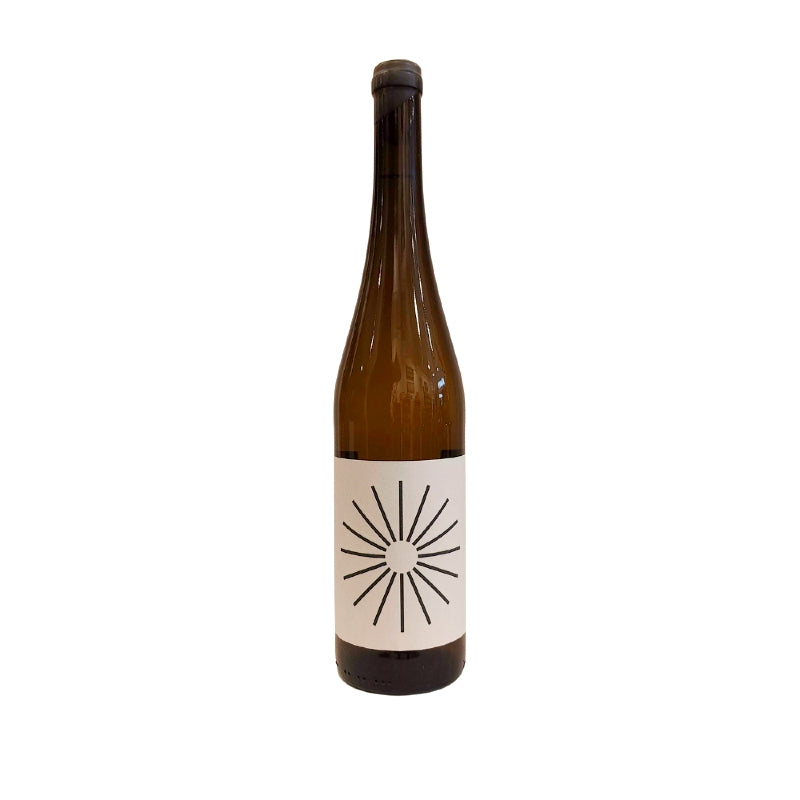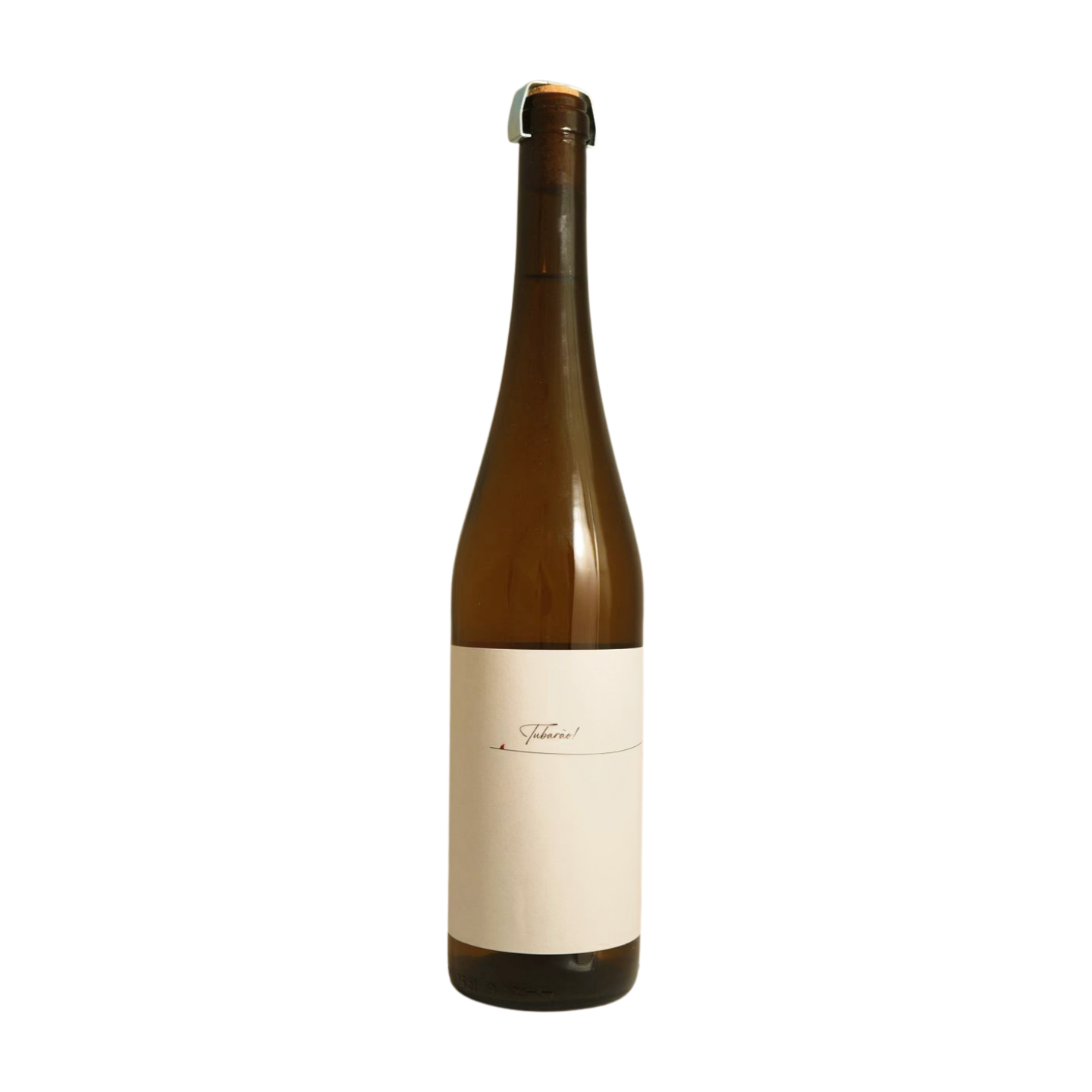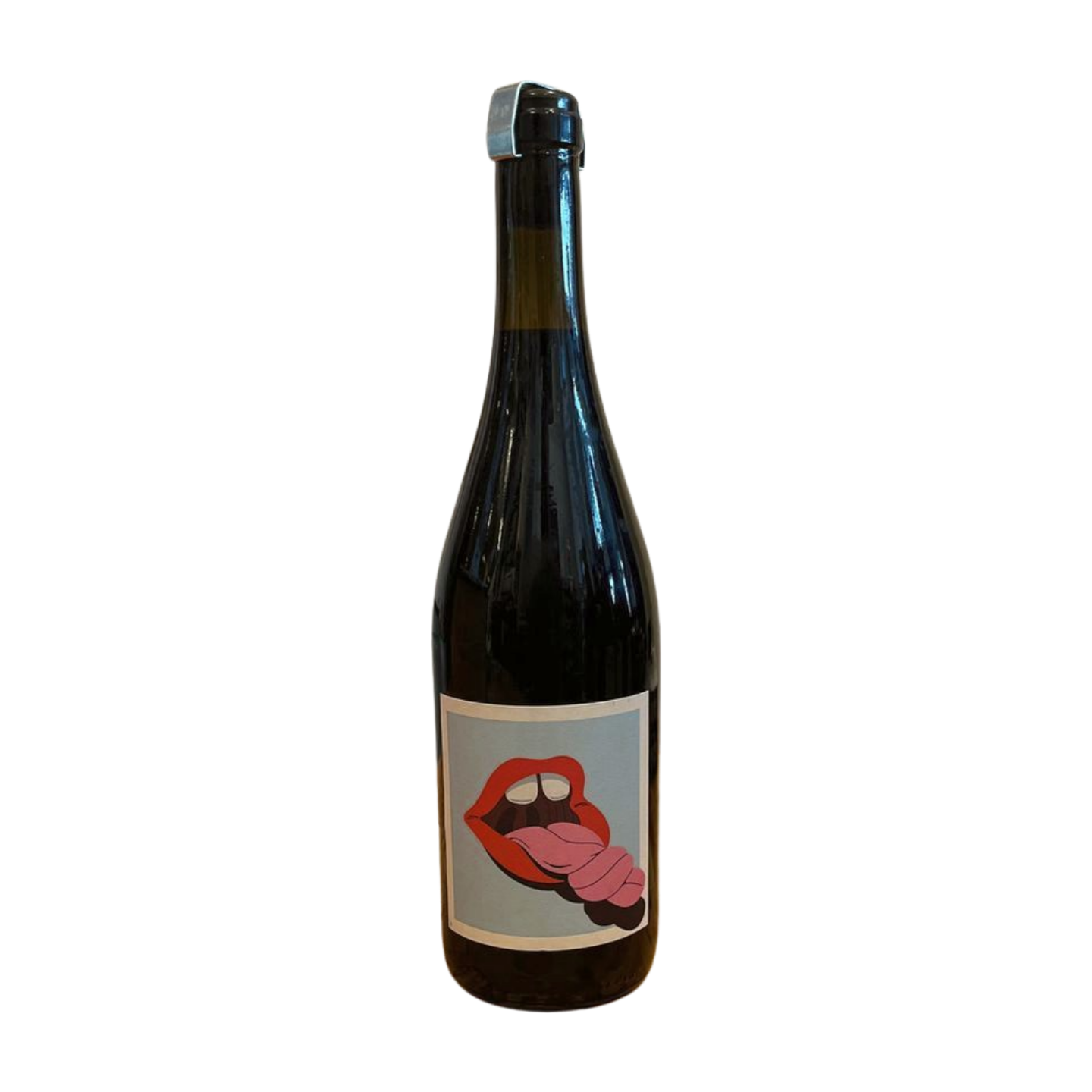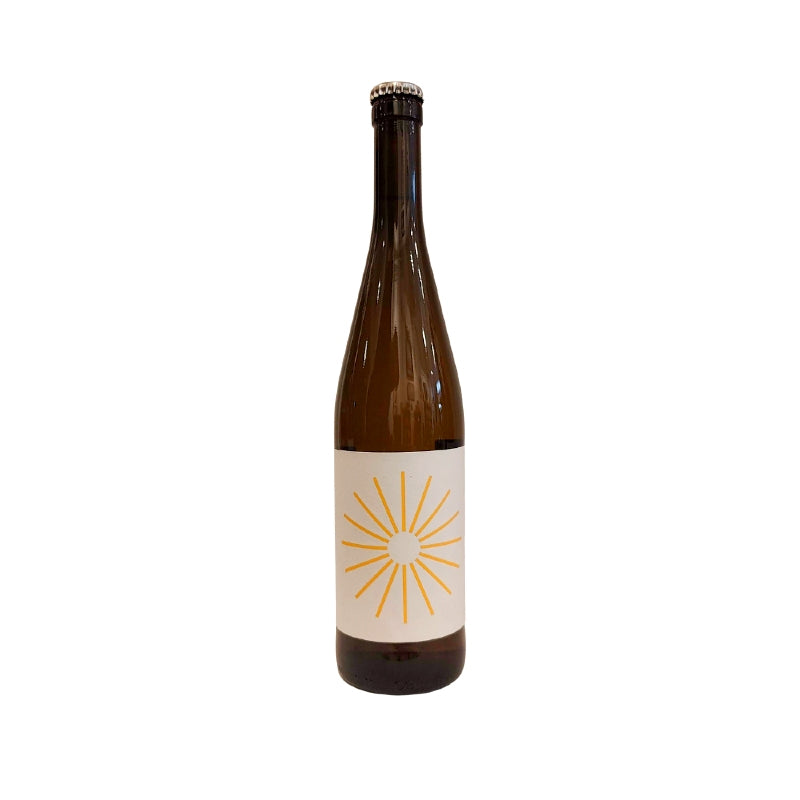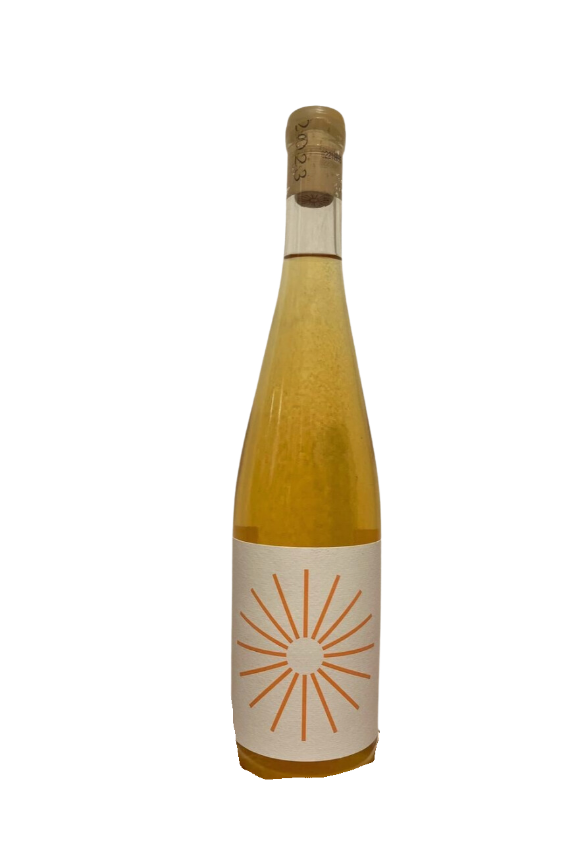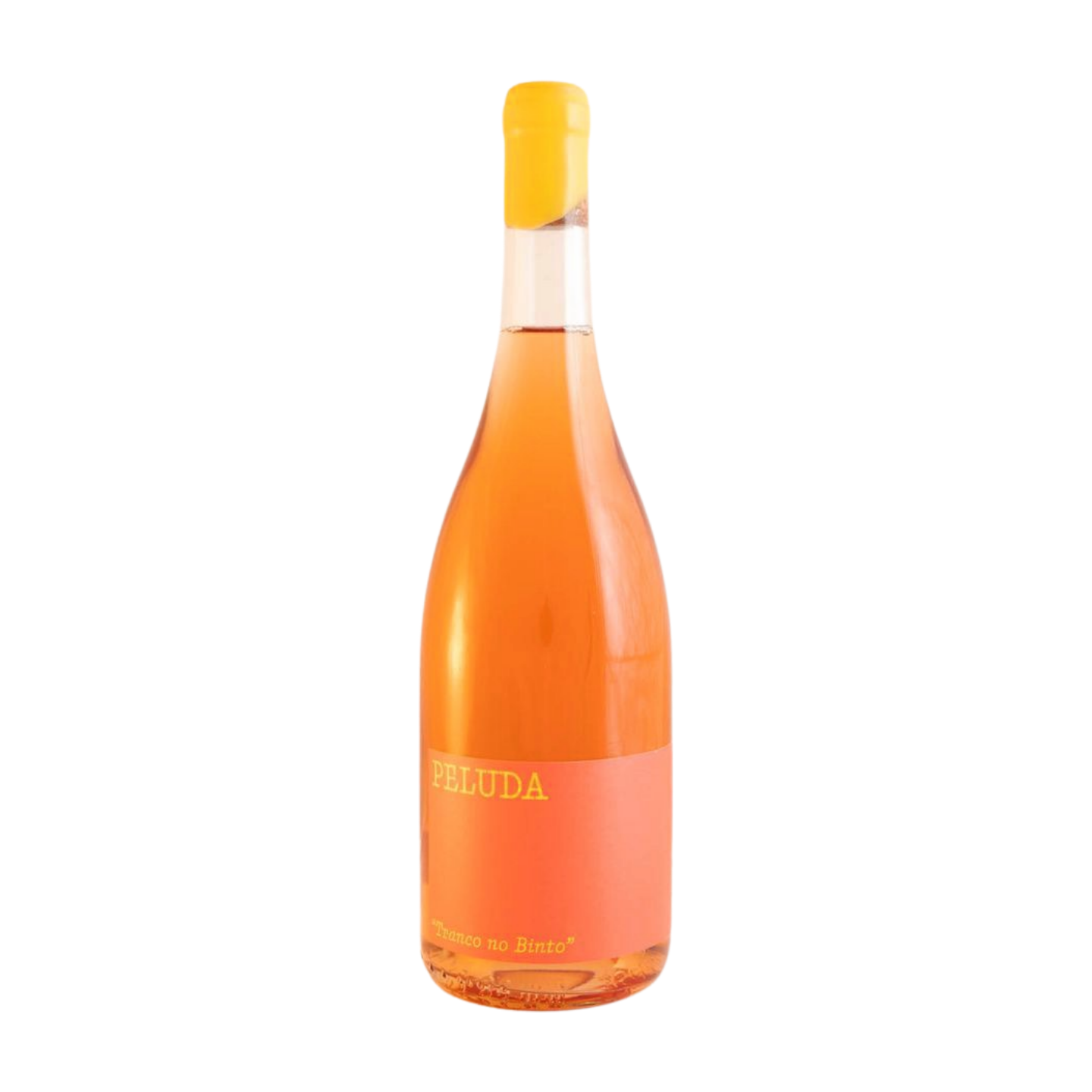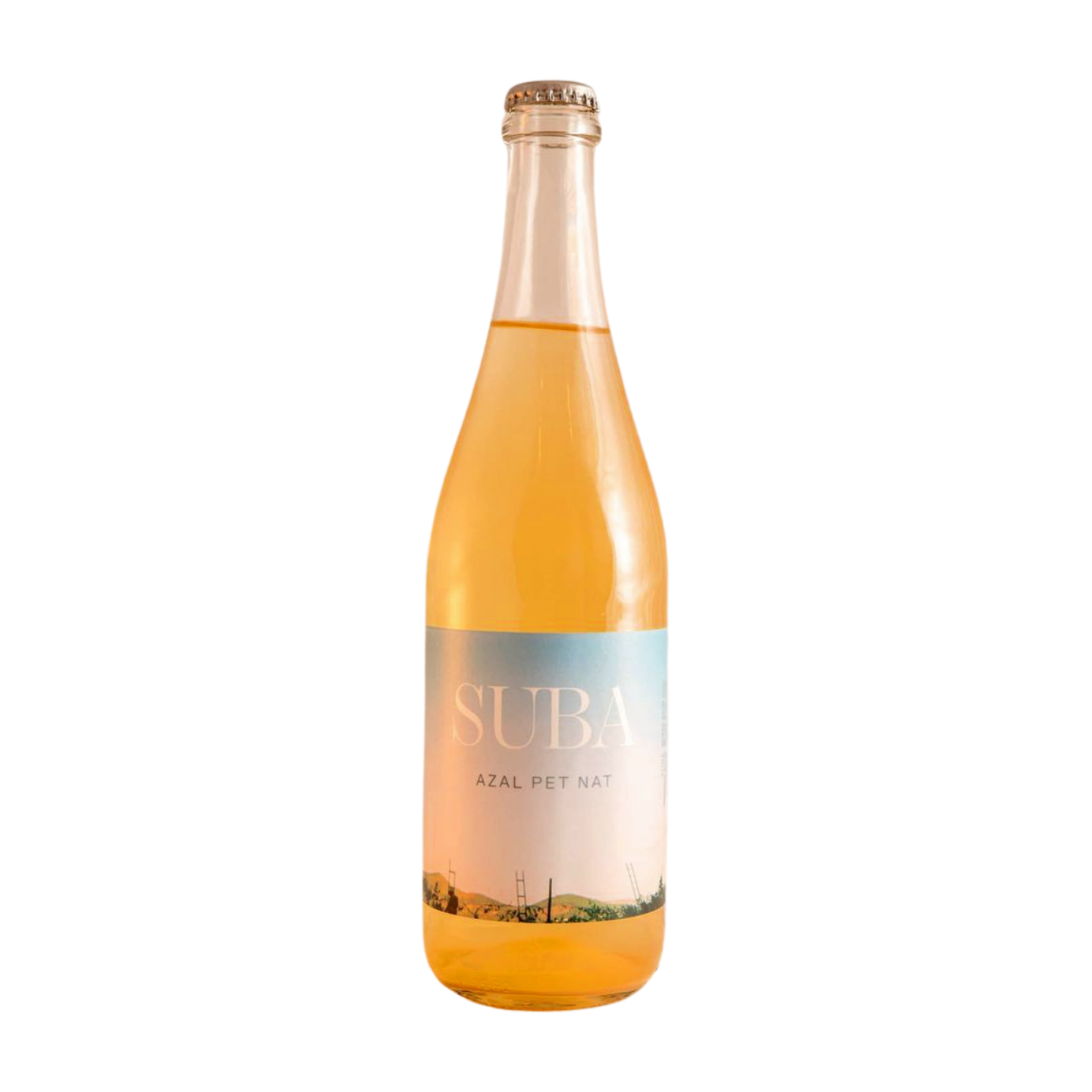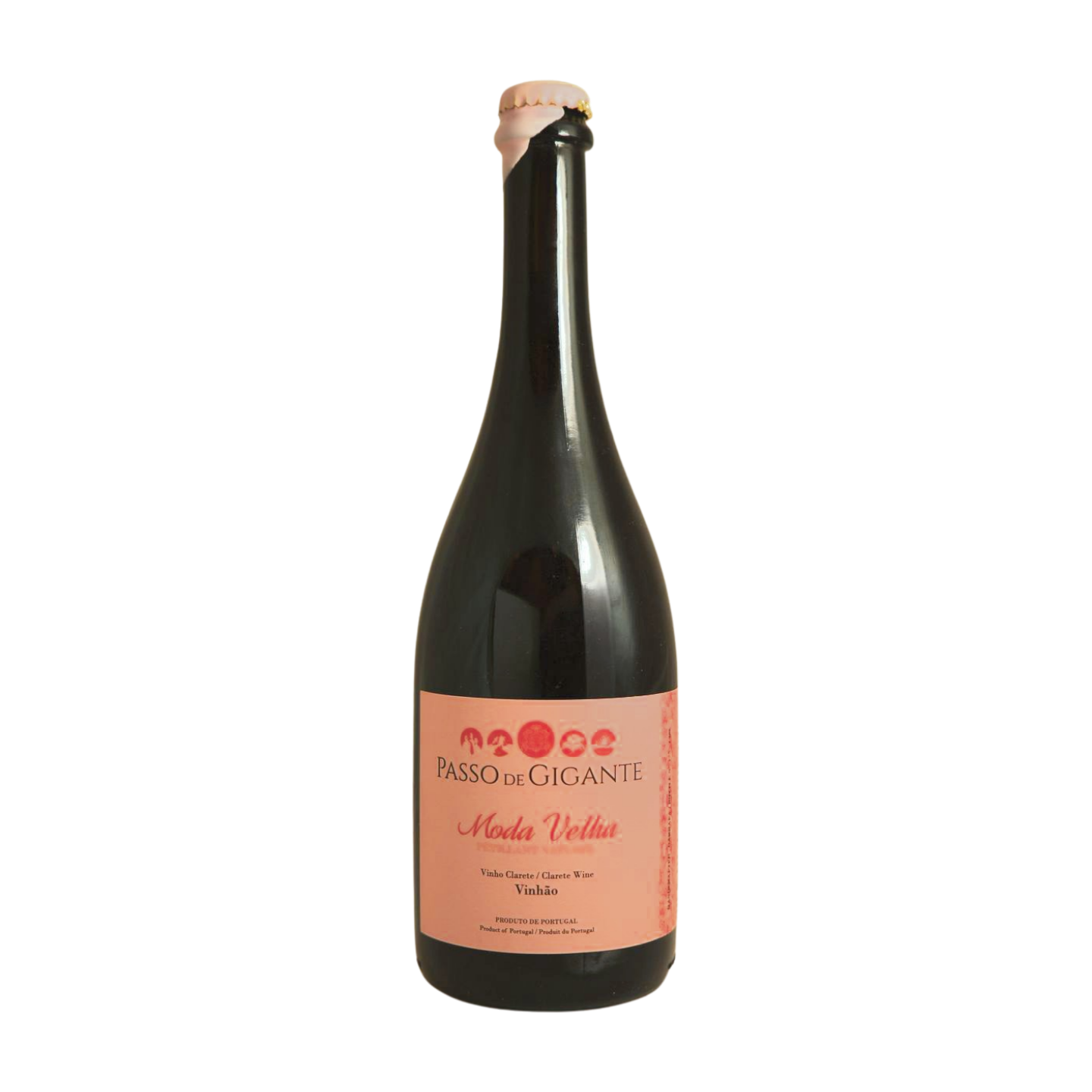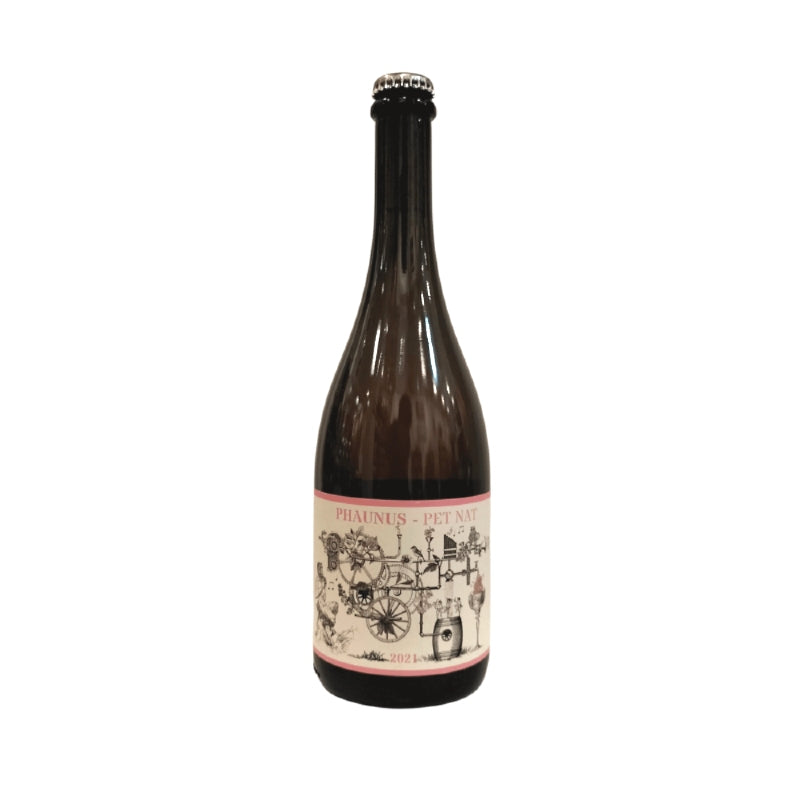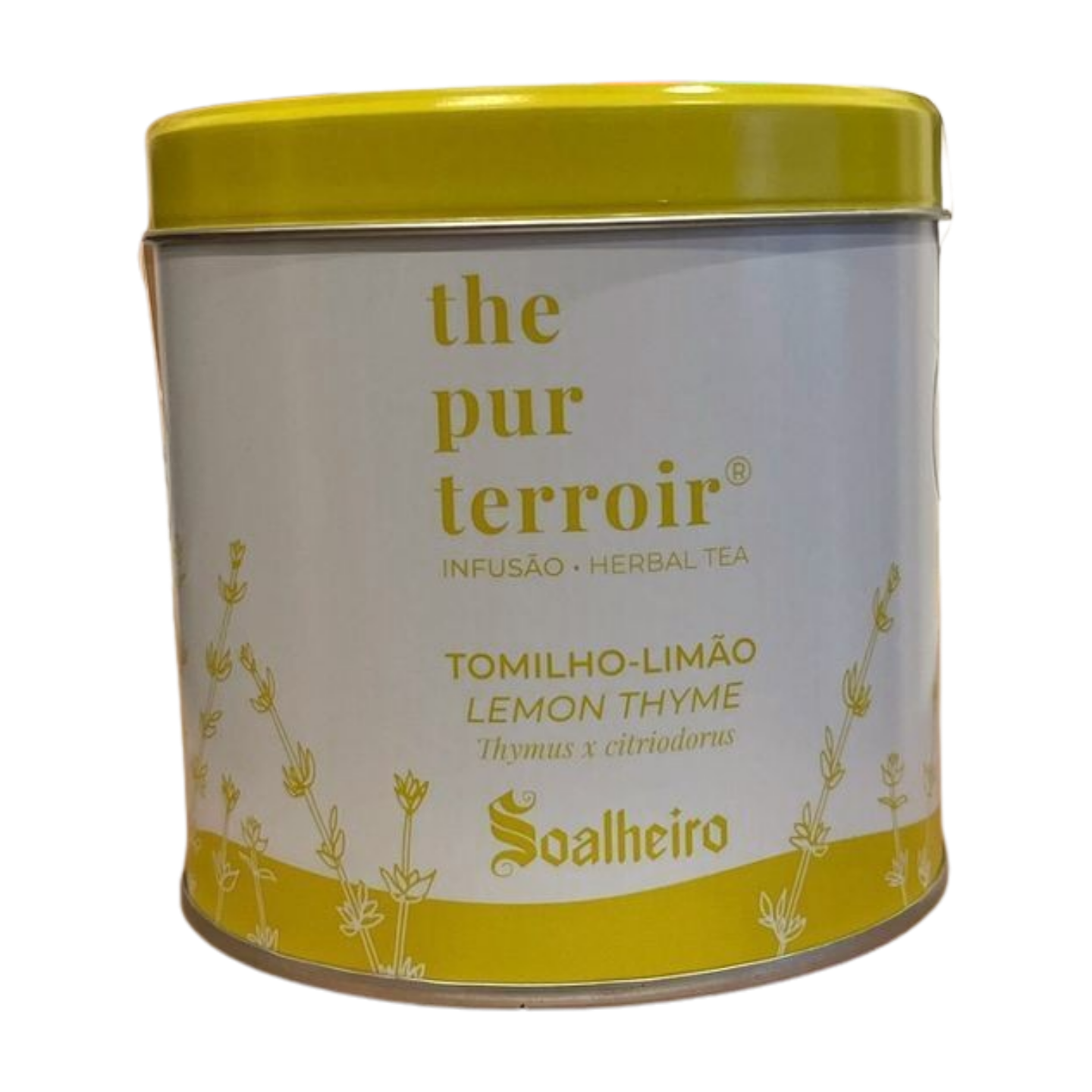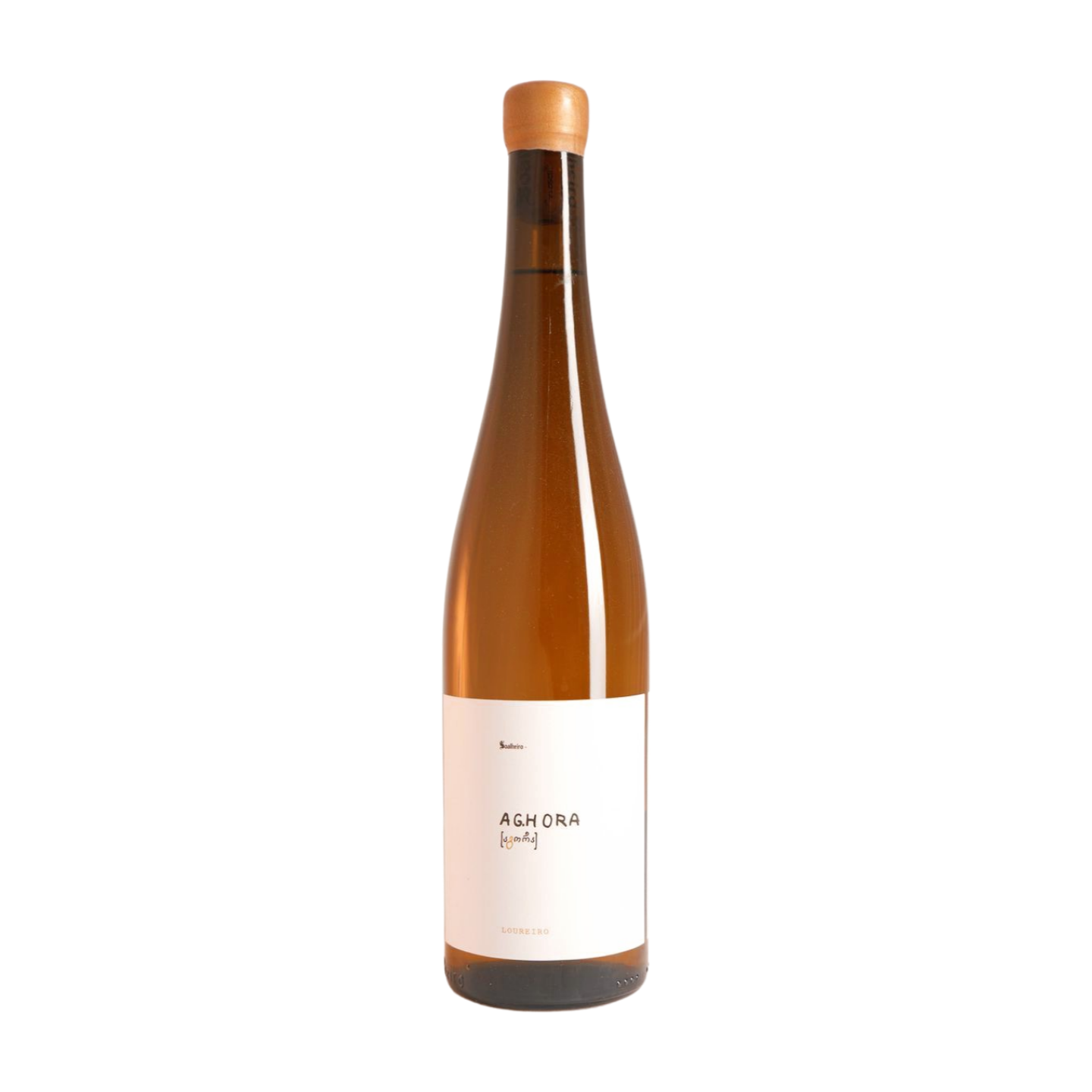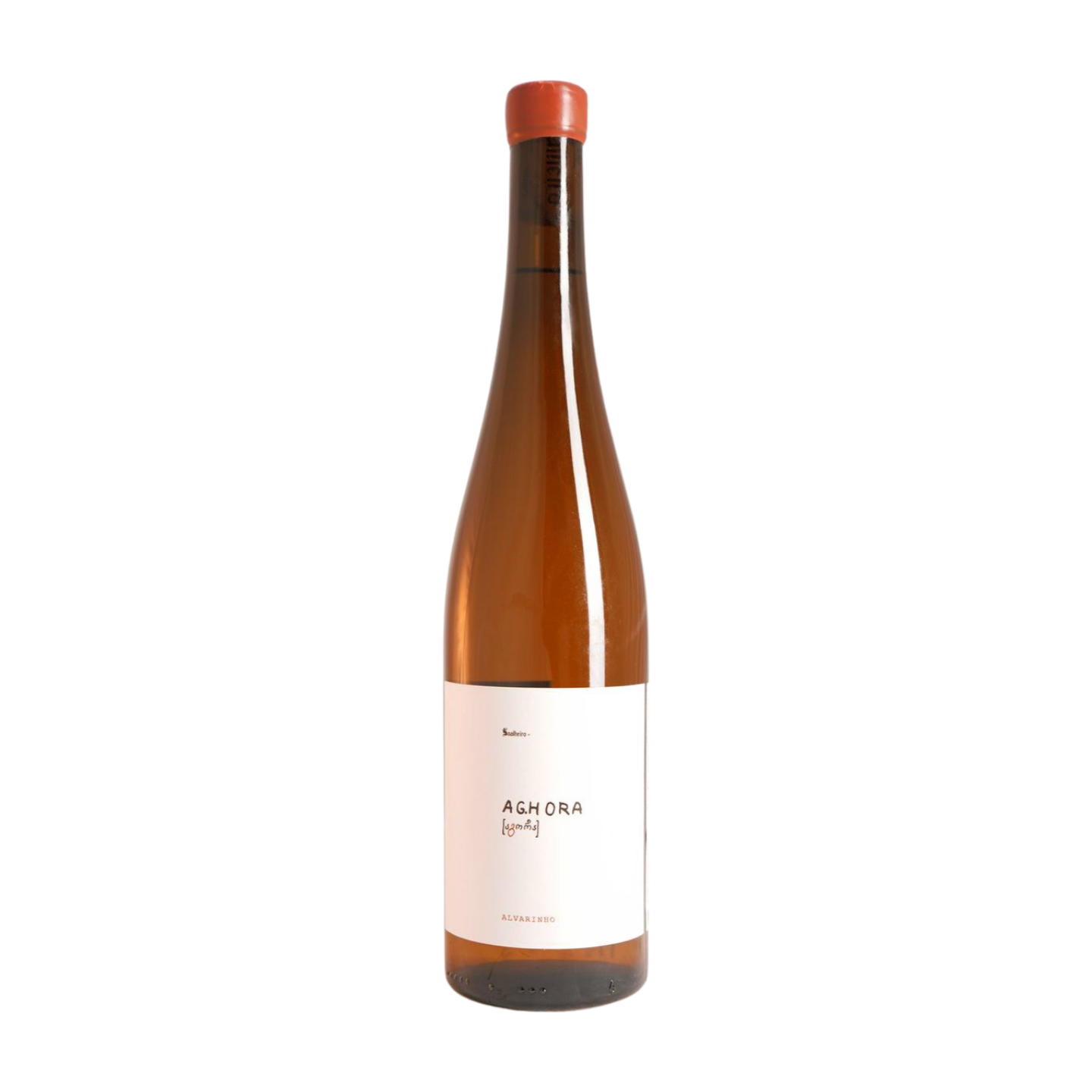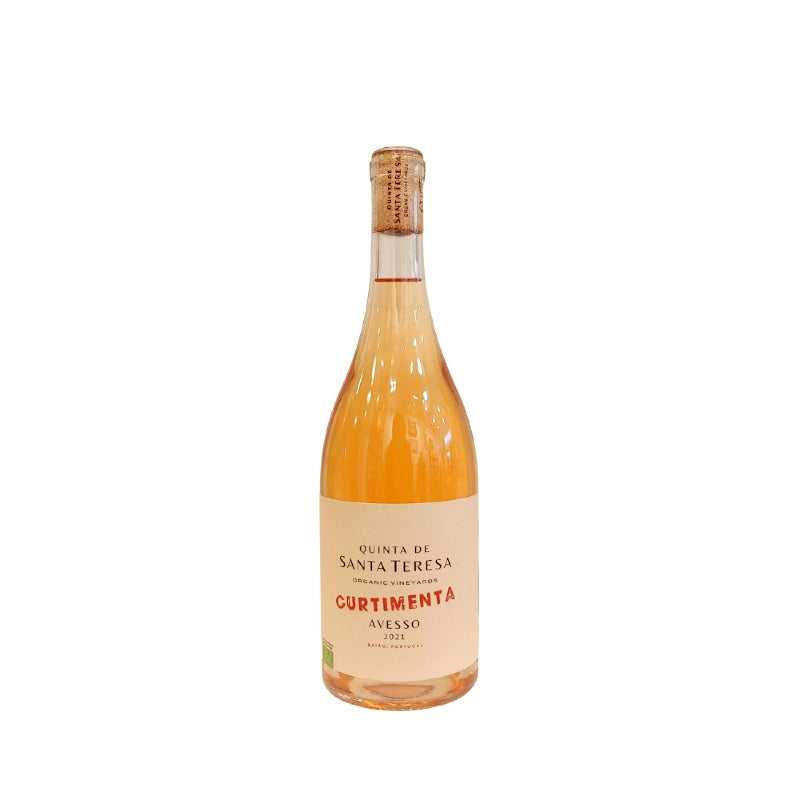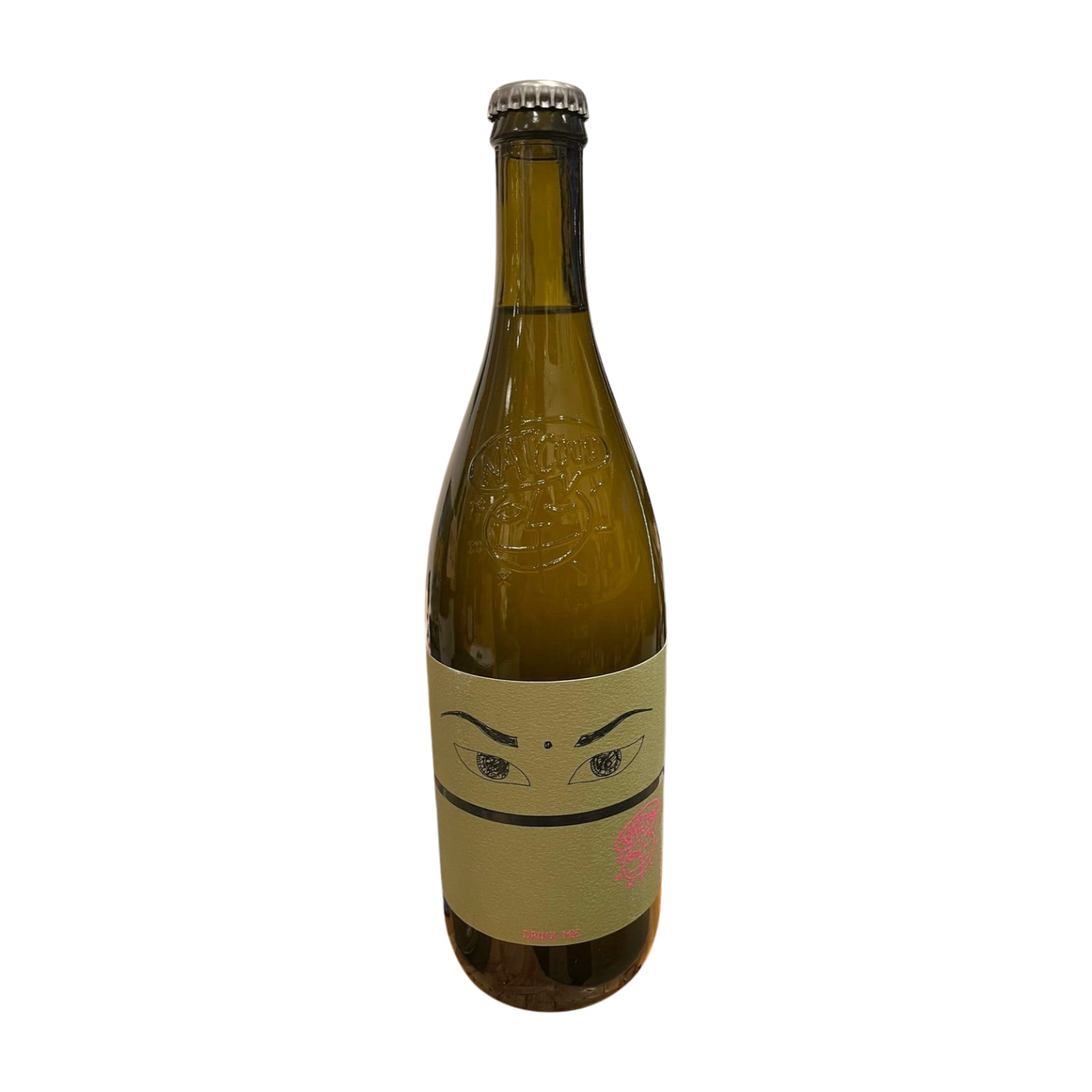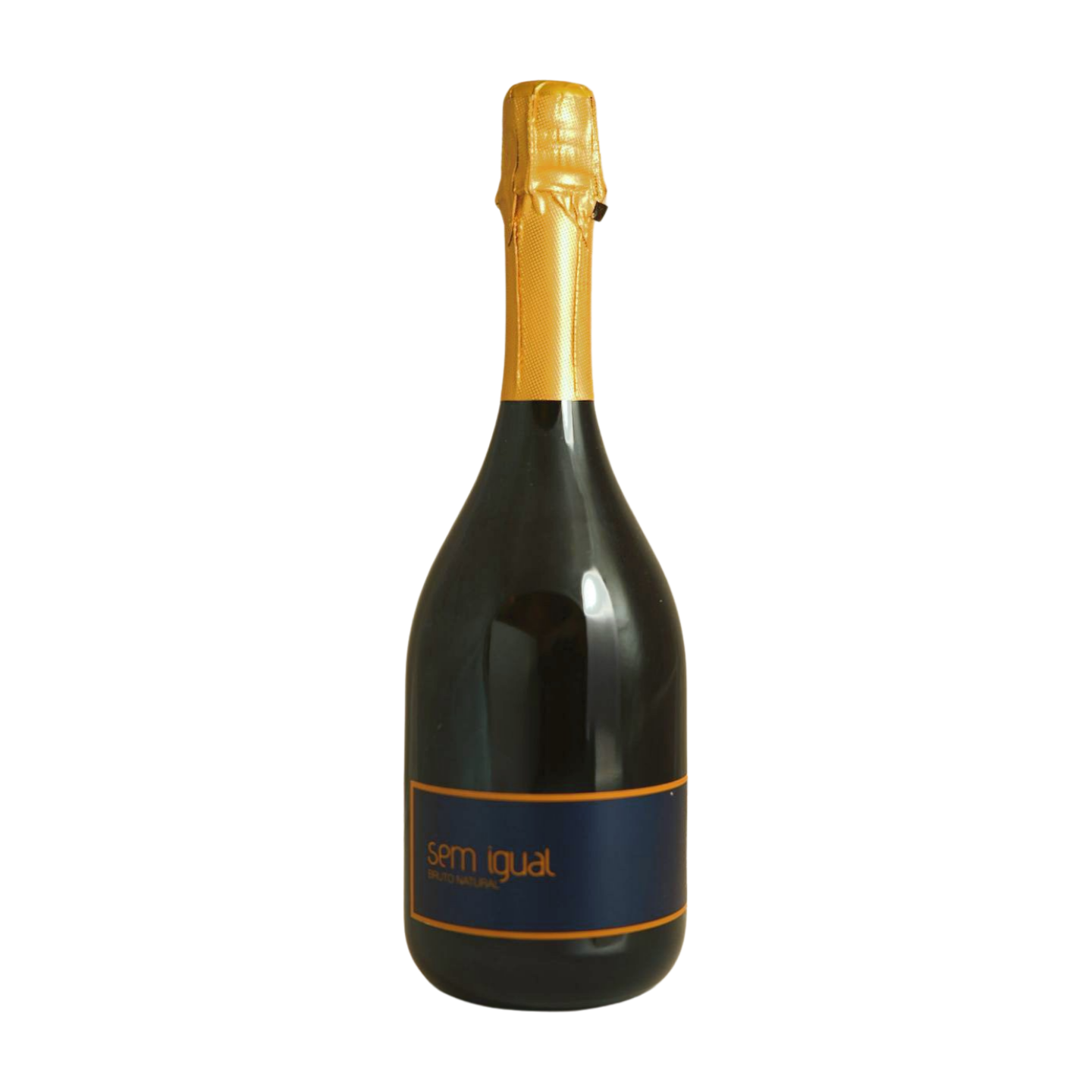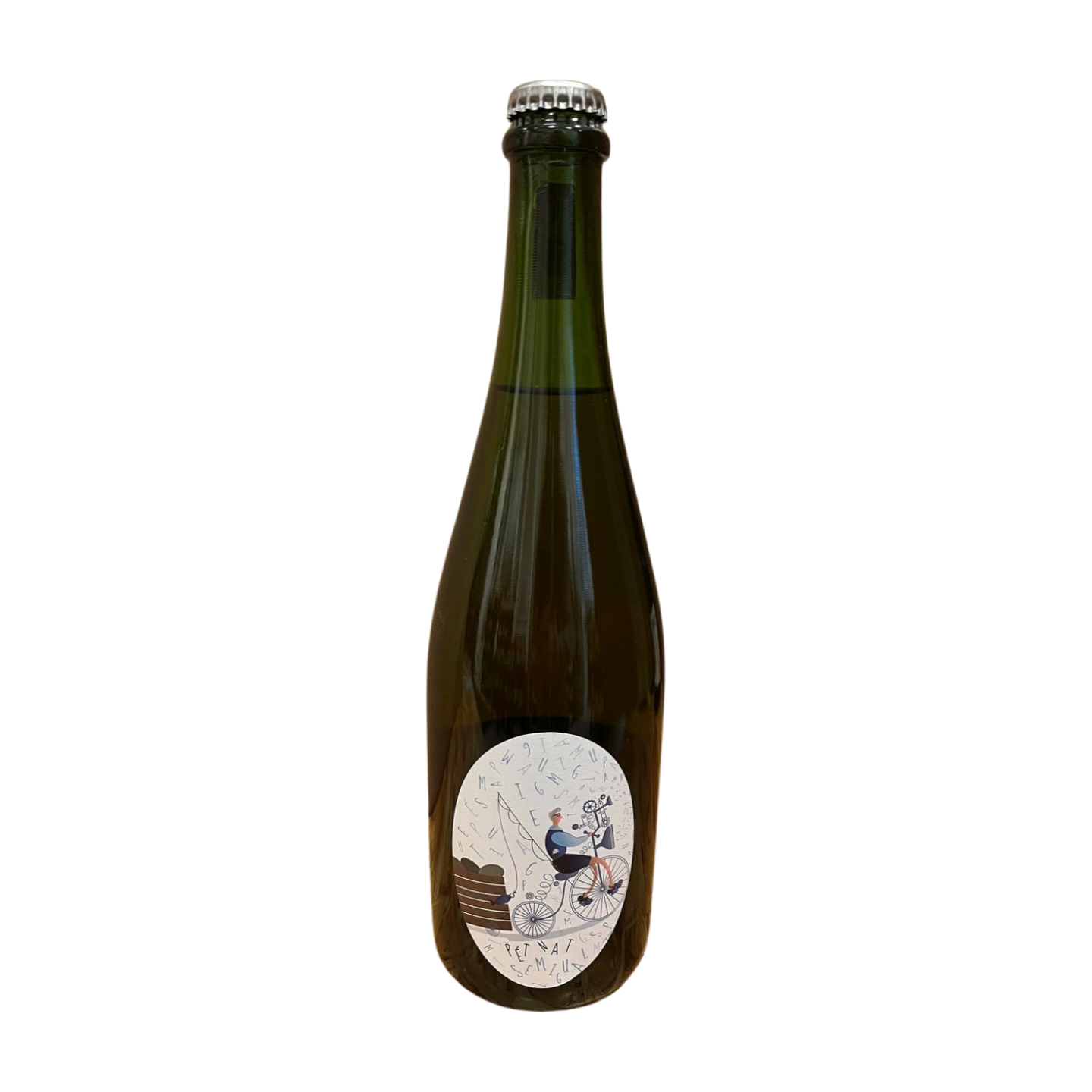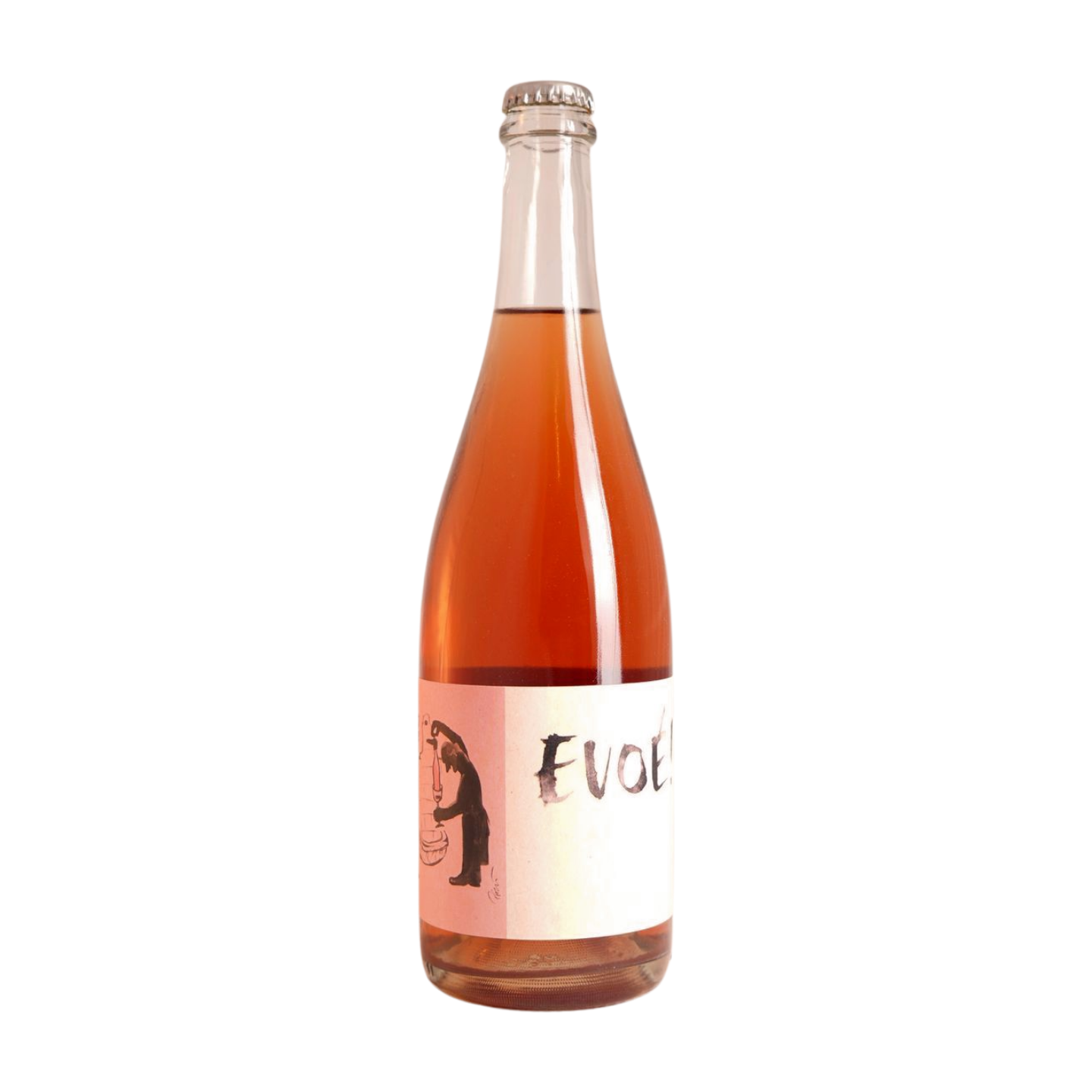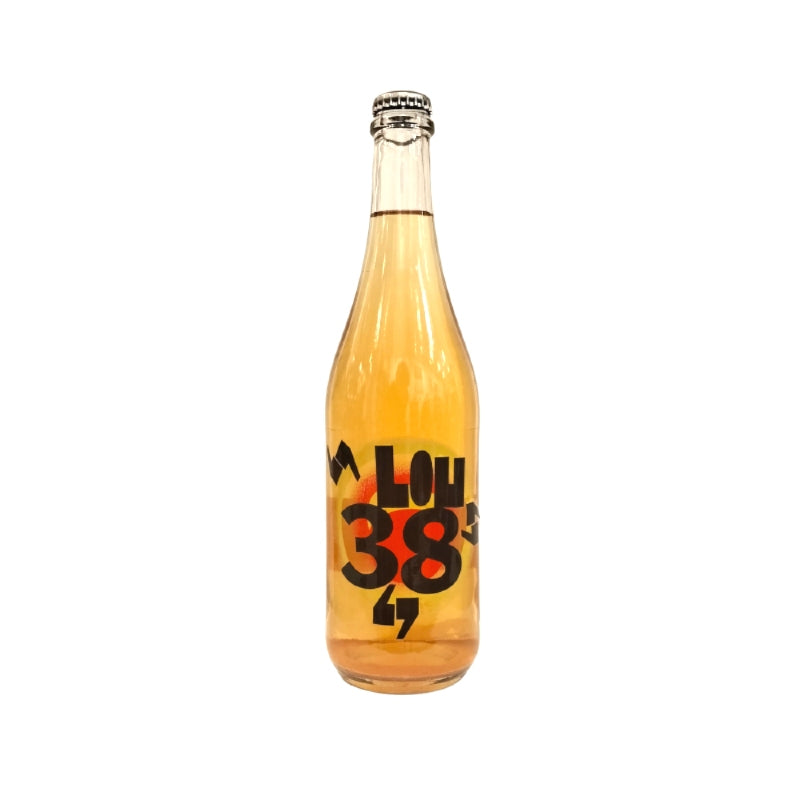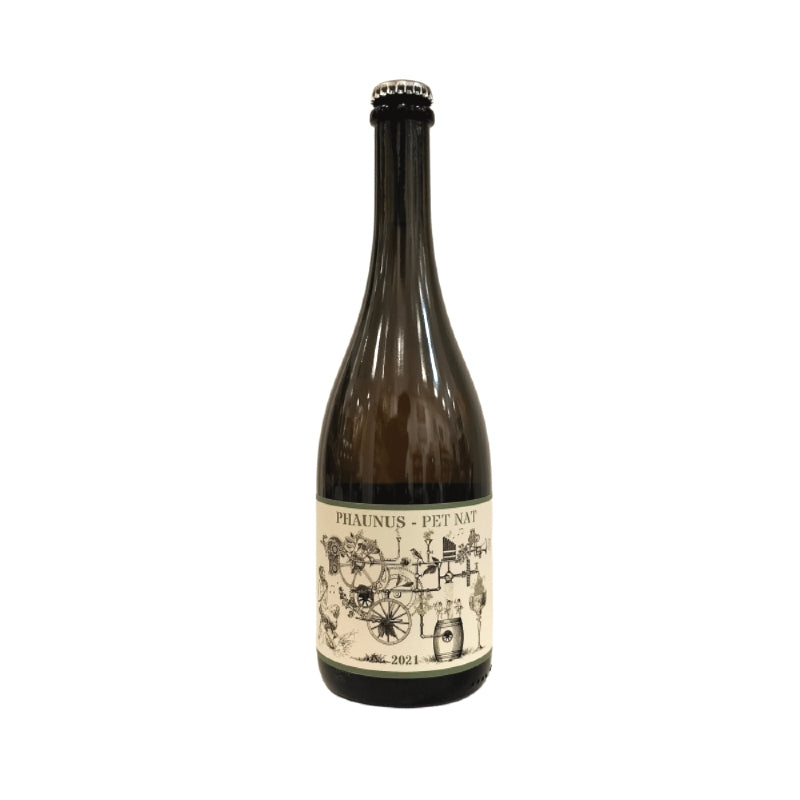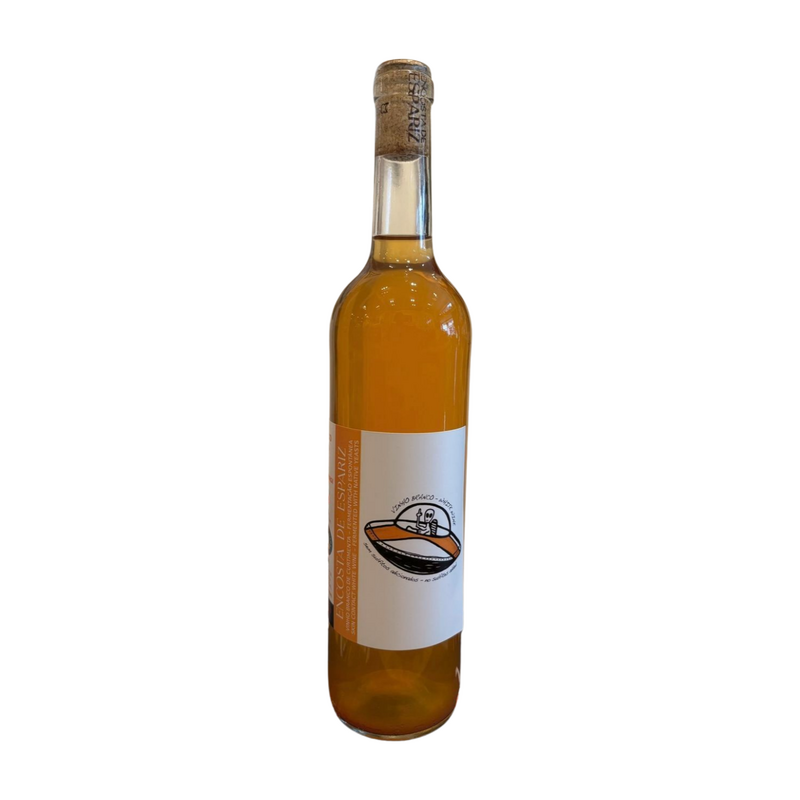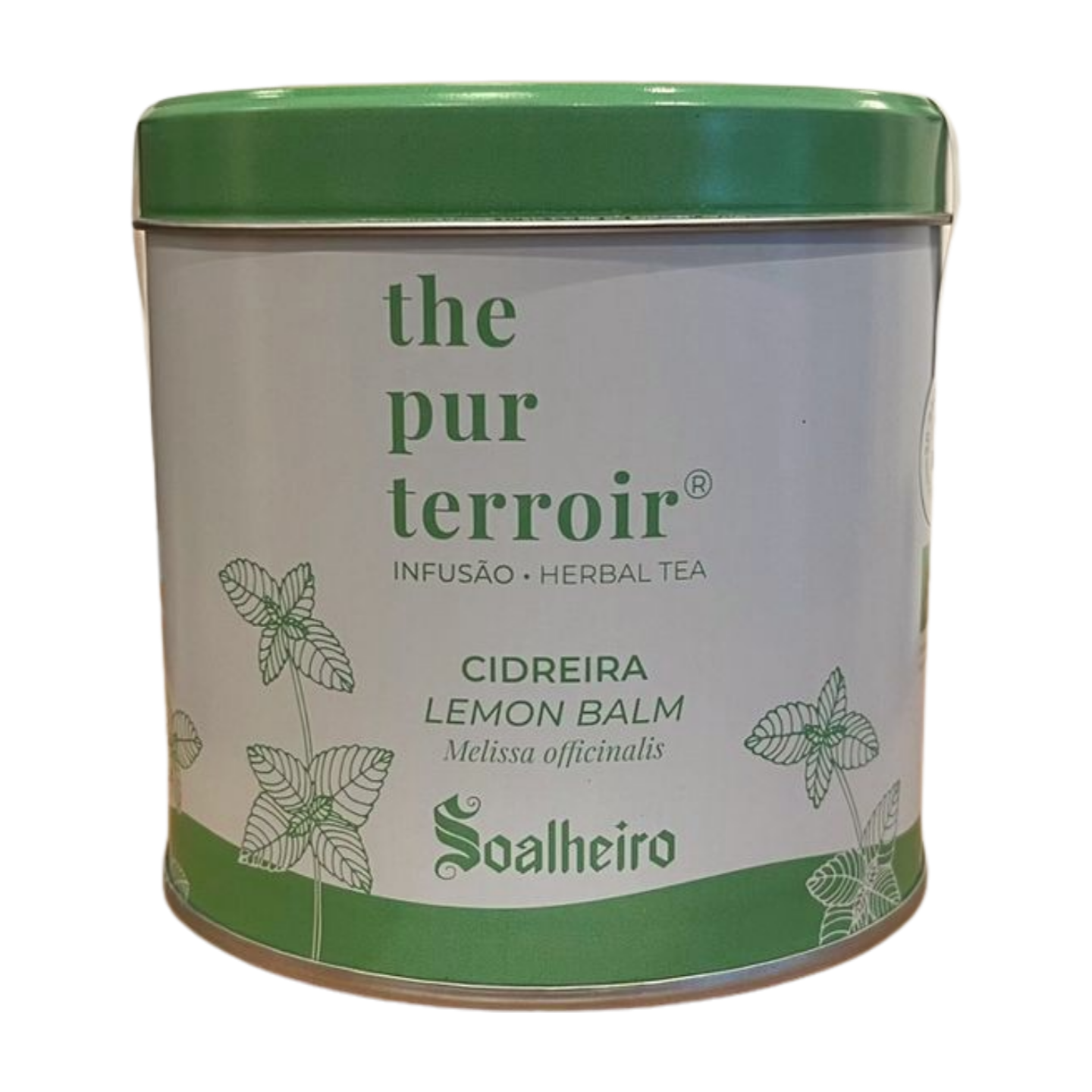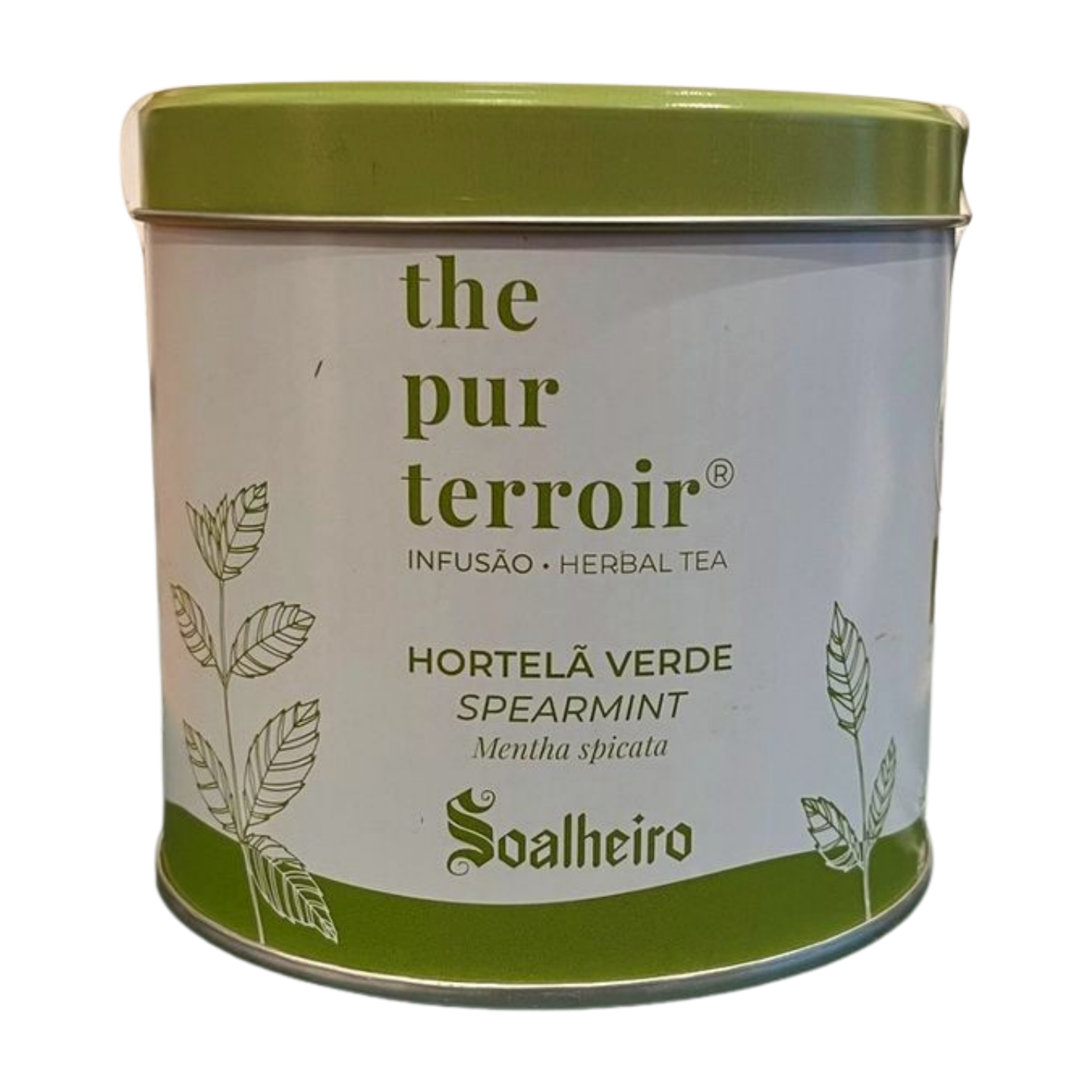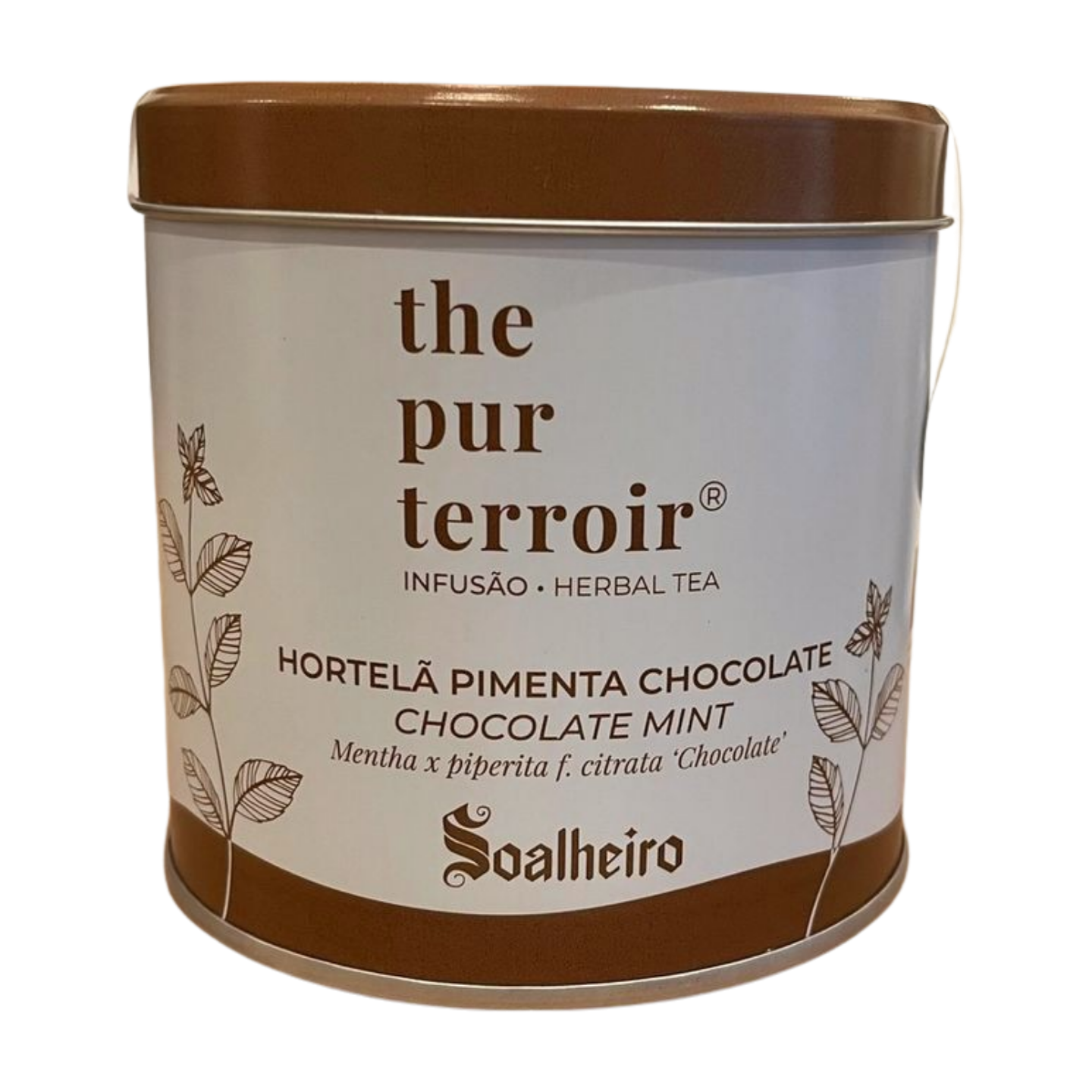Vinho Verde
Vinho Verde, is a distinguished winemaking region located in the northwest of Portugal, primarily in the Minho province. This area is known for its lush landscapes, with rolling hills and abundant vegetation, and a temperate maritime climate, shaped by the Atlantic Ocean. These conditions result in wines celebrated for their bright acidity and refreshing qualities.
The region is often falsely accused of making "green wine" due to the name, but instead the wines come from this region which is very wet and always green. Think "wine from the green place" as the wines are white, red and rosé.
The viticulture in Vinho Verde is unique due to its historical practices and the adaptation of modern techniques. Traditionally, vines were trained high on trees or fences, allowing for the cultivation of crops beneath them. This method, known as ramadas, or vinhas enforcados reflects a polyculture approach that has been part of the region's agricultural heritage. Vinho Verde boasts around 21,000 hectares of vineyards, with white wines accounting for ~86% of the total output. Notable grape varieties include Alvarinho, Loureiro, and Avesso.
Filters
Portuguese wine
Frequently asked questions
The entire country of Portugal is divided into 14 different wine regions, including in the Azores and Madeira islands. Some of Portugal's most famous winemaking regions include the Douro Valley (known for Port) and Vinho Verde (known for its light, refreshing white wines).
Portugal is becoming more well known for its orange wines, talha wines (traditionally made in clay pots), and palhete (made by blending red and white grapes together).
Portugal is best known for its fortified wine, called Port wine. It is produced in the Douro Valley, which is a UNESCO World Heritage Site and recognized as the world's first demarcated wine region, established in 1756.
Vinho Verde in northern Portugal is another popular winemaking region characterized by rolling hills and lush landscapes. It's known around the world for low-alcohol, refreshing white wines, although the region traditionally focused more on red wines made with the fruit-forward vinhão grape.
The Portuguese island of Madeira, with its subtropical climate, is renowned for its fortified wines. Winemaking here dates back to the 15th century, when Portuguese
explorers brought grape varieties from around the world.
Our sustainable, natural wine shop is located in the Marquês neighborhood in Porto, Portugal. We also ship to countries around the world, including within Europe, the United States, Canada, Australia, China, and more. Review our Shipping Policy to learn more.
In recent years, there has been a notable shift toward sustainable viticulture and the production of natural wine in Portugal. Many winemakers are implementing organic farming practices and embracing biodiversity to maintain soil health and reduce chemical inputs. This commitment to sustainability is not only beneficial for the environment but also enhances the quality of the wines, allowing the unique characteristics of the terroir to shine through. For example, some winemakers are now utilizing ancient terracotta amphorae for fermentation (called talha in Portuguese). This method preserves regional cultural heritage, enhances the wine's character, and aligns with sustainable practices by reducing reliance on modern materials.

